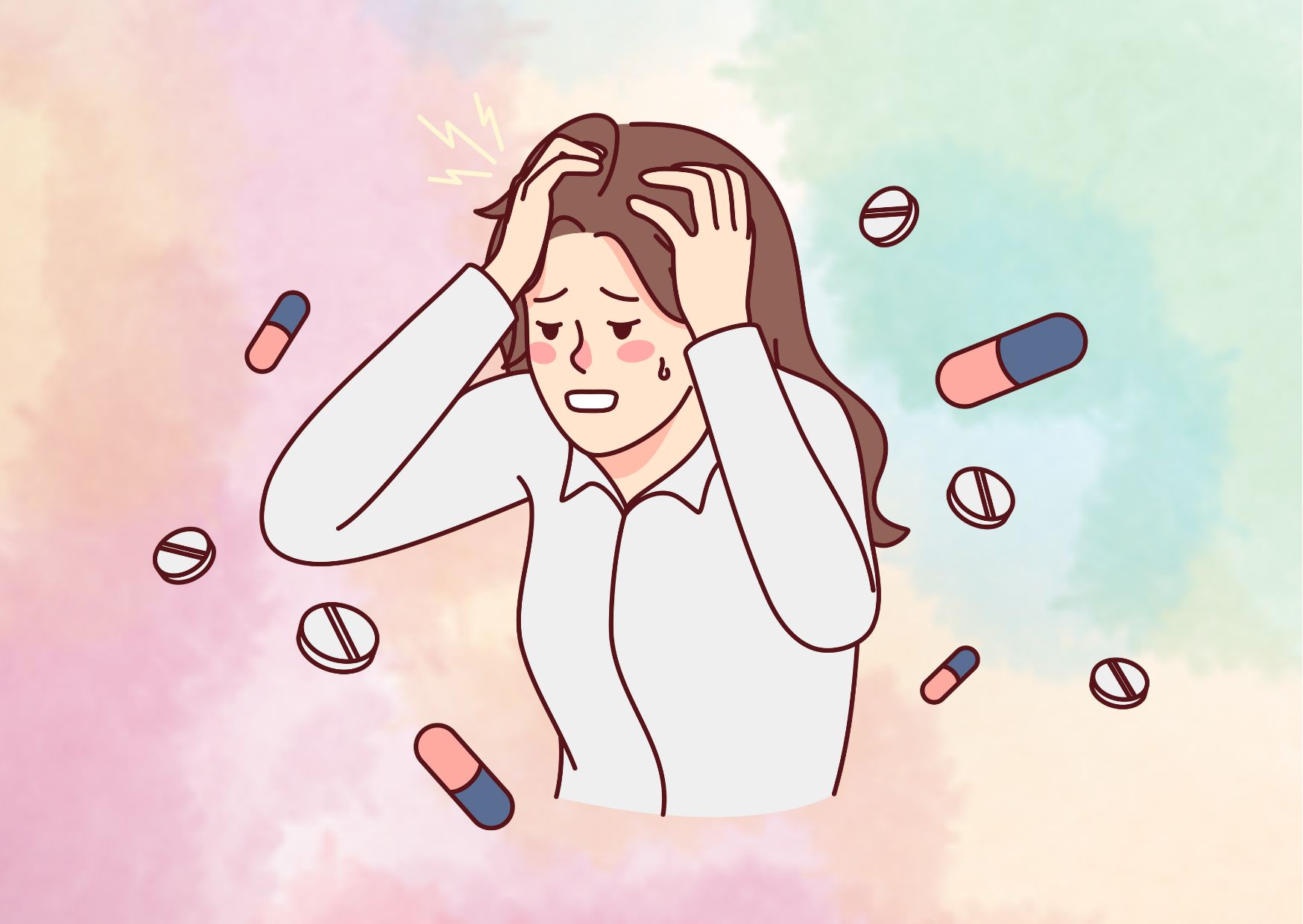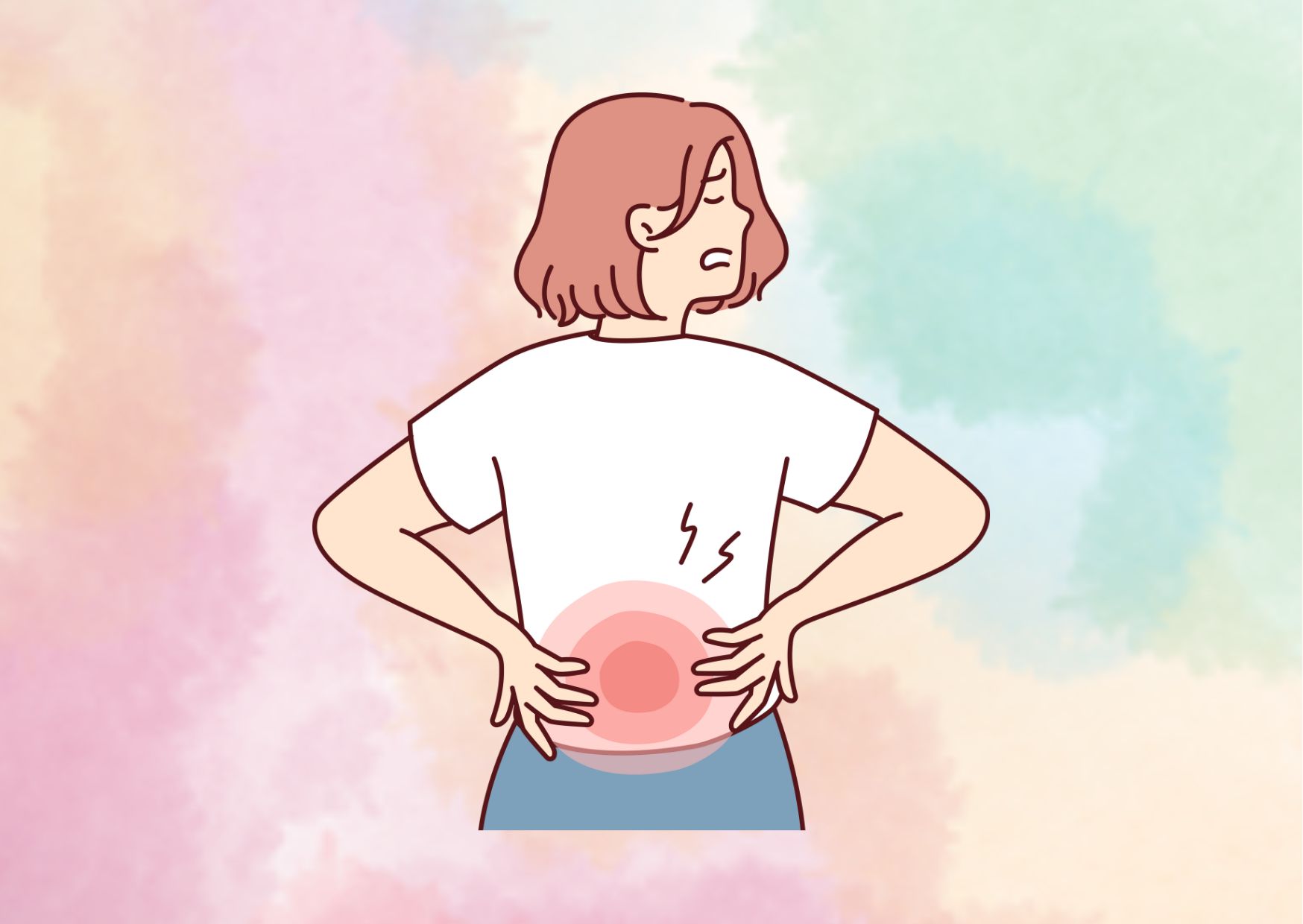Mental Health and Chronic Pain Complex Relationship
Mental health and chronic pain are intricately linked, forming a complex relationship that affects millions of people worldwide. Chronic pain conditions like fibromyalgia and migraines often have a profound impact on an individual’s mental well-being, while psychological distress can exacerbate physical symptoms. This bidirectional connection has an influence on the quality of life for those living with persistent pain, making it crucial to understand how chronic pain affects mental health and vice versa.
The link between chronic pain and mental health encompasses various aspects, including depression, anxiety, and other psychological disorders. Research has shown that individuals with chronic pain are more likely to experience mental health issues, and conversely, those with mental health conditions may be more susceptible to developing chronic pain. This article explores the intricate relationship between mental health and chronic pain, examining common mental health issues in chronic pain patients, the role of neurobiological factors, and effective treatment approaches to address both aspects of this complex interplay.
The Bidirectional Relationship Between Mental Health and Chronic Pain
The connection between mental health and chronic pain is complex and multifaceted, with each condition having a significant impact on the other. This bidirectional relationship has an influence on the overall well-being of individuals, making it crucial to understand how these two aspects interact.
How chronic pain affects mental health
Chronic pain has a profound effect on mental health, often leading to various psychological issues. People living with persistent pain are at a heightened risk for mental health problems, including depression, anxiety, and substance use disorders. Studies suggest that an estimated 35% to 45% of individuals with chronic pain experience depression, which is significantly higher than the general population.
Chronic pain can disrupt sleep patterns, increase stress levels, and contribute to feelings of hopelessness and helplessness. The constant presence of pain can limit a person’s ability to engage in daily activities, work, and social interactions, further exacerbating mental health concerns. This reduced quality of life and functional impairment can create a cycle of emotional distress and physical discomfort.
How mental health impacts pain perception
Mental health conditions can significantly alter an individual’s perception of pain. People with depression or anxiety often report more intense pain experiences and may be more sensitive to pain stimuli. This heightened sensitivity can lead to a lower pain threshold and reduced pain tolerance.
The psychological state of an individual has a strong influence on how pain is interpreted and processed by the brain. Negative emotions, such as fear, anxiety, and depression, can amplify pain signals, making the experience of pain more intense and distressing. This amplification can result in a vicious cycle where increased pain leads to worsening mental health, which in turn intensifies the perception of pain.
Shared biological mechanisms
Research has revealed that mental health disorders and chronic pain share common biological pathways and neurotransmitters. This overlap in neurobiological mechanisms contributes to the interconnected nature of these conditions. Functional imaging studies have shown that similar brain regions are involved in processing both pain and emotions, including the prefrontal cortex, anterior cingulate cortex, and amygdala.
The dysregulation of neurotransmitters, such as serotonin and norepinephrine, has an influence on both pain perception and mood regulation. This shared neurochemical basis explains why treatments targeting these neurotransmitter systems, such as certain antidepressants, can be effective in managing both chronic pain and mental health disorders.
Mental health and Chronic Pain associated with Inflamation
Furthermore, chronic pain and mental health conditions are associated with increased inflammation in the body. This inflammatory response has an impact on both pain sensitivity and mood regulation, creating another link between the two conditions.
Understanding the bidirectional relationship between mental health and chronic pain is crucial for developing effective treatment approaches. Addressing both aspects simultaneously can lead to better outcomes and improved quality of life for individuals struggling with these intertwined conditions.
Common Mental Health Issues in Chronic Pain Patients
Chronic pain has an influence on mental health, often leading to various psychological issues. Individuals living with persistent pain are at a heightened risk for mental health problems, which can exacerbate their physical symptoms and overall well-being. Understanding these common mental health issues has an impact on developing effective treatment approaches for chronic pain patients.
Depression
Depression has a significant association with chronic pain, affecting a substantial portion of patients. Studies suggest that an estimated 30% to 45% of individuals with chronic pain experience depression, which is considerably higher than the general population. The relationship between depression and pain is bidirectional, meaning that depression can increase the risk of developing chronic pain, and chronic pain can contribute to the onset of depression.

